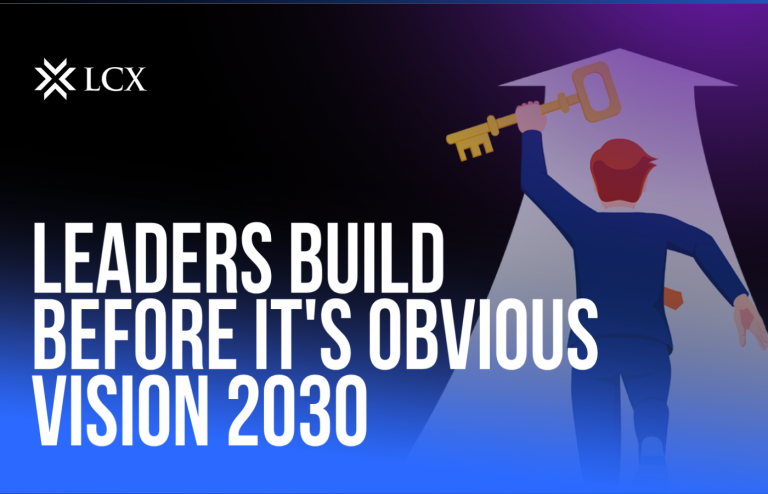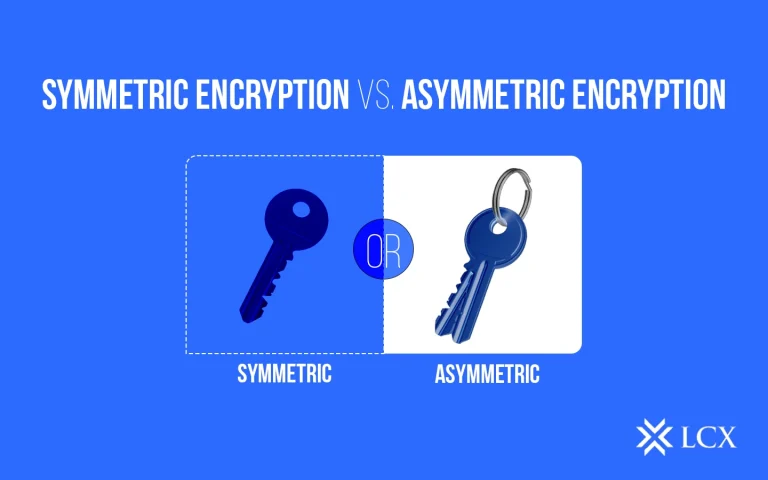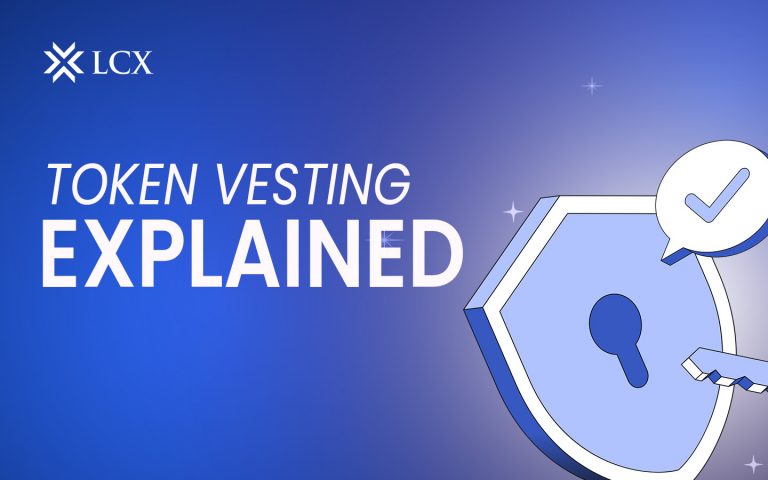Everyone on the Internet in the last year must have come across the term: Web3. For those who don’t know, Web3 is essentially the next generation of the Internet. It is a crucial aspect of the much-heralded metaverse alongside other emerging technologies such as blockchain, artificial intelligence (AI), virtual reality (VR), augmented reality (AR), 5G, and the Internet of Things (IoT).
Web3 advocates that the technology will usher in an era of decentralization marked by user-owned content and limitless transactions without the interference of tech giants owning the Internet today.
It is not wrong to say that there is still a long way to go before Web3 is fully operational and accessible to the general public. But the results of technology are already becoming visible in some sectors.
Web1: The Initiator
Just a decade ago, most people knew about games primarily in the context of early Web 1 or Web 2 game avatars. Web 1 was the era of solo gaming rather than early console line-ups. You have competed against yourself and practiced game scenarios repeatedly to improve your time and score.
Everyday games for people, such as word games, Sudoku, etc., still mimic Web1 game behavior. But while it served as entertainment, the lack of interactivity didn’t quite unleash a mainstream gaming culture.
How Does Web3 Come Into The Picture
It starts with putting ownership of in-game assets (coins, tokens, drops, skins, etc.) in your hands. You are free to trade them without worrying about losing privacy, ownership, or depending on a third party to authorize your access to the assets. You can also buy some that are not specific to a particular game.
So not only do you lose an asset when you stop playing a game or say the game is paused, but you can share it across multiple games, giving them unprecedented interoperability.
Independence, consent, and collaboration are at the heart of the Web3 experience. By shifting authority from a centralized authority or gaming company to a DAO (essentially governed by predefined community rules enforced via a blockchain), the idea is to give people and, by extension, players the power to vote.
Second, with decentralized decision-making, there is a greater likelihood that the value of your wealth will be preserved. Gone are the scenarios where a publisher’s arbitrary change in-game rules decimate the value of your earned assets after hours of fair play. Some Web3 games may also offer players the opportunity to earn passive income through in-game staking and yield farming of cryptocurrencies.
That players receive tangible financial rewards for the time and effort they put into gaming is a fundamental premise that will level the gaming inequality that has existed for so long. It will also provide a relatively risk-free way to introduce millions to crypto.
For developers, revenue streams will be more diverse in Web3. Developers can offer a range of in-game purchases and operate in-game marketplaces and peer-to-peer exchanges. Activities in these markets would provide an inexhaustible source of income for game developers. Web3 game developers could increase revenue by continually releasing new NFT assets into games as they evolve.
Conclusion
But even if a Web3-led world seems inevitable, the growth rate will be determined by how quickly the industry ecosystem evolves to unlock its potential. First, tackling public perceptions of the sustainability of Web3 game models needs to become a significant area of focus. Is it possible to have games that tick all the boxes – fun, engaging, and work with a robust incentive program without short-lived miracles?
Then, with user-generated content at the heart of a lasting interaction experience, how well-equipped are game streaming companies to provide a canvas for creating unique content and earning opportunities while playing? Third, as monetization opportunities become attractive to attract more players, real work needs to be done to develop reliable digital assets that are not subject to volatility and rapid price changes.
Although some think that considering games as “merit” is short-sighted, everyone agrees that it is necessary to go back to basics if the industry wants to grow. Creating an exceptional game and gaming experience is the foundation; everything else is potential waiting to be unleashed.









